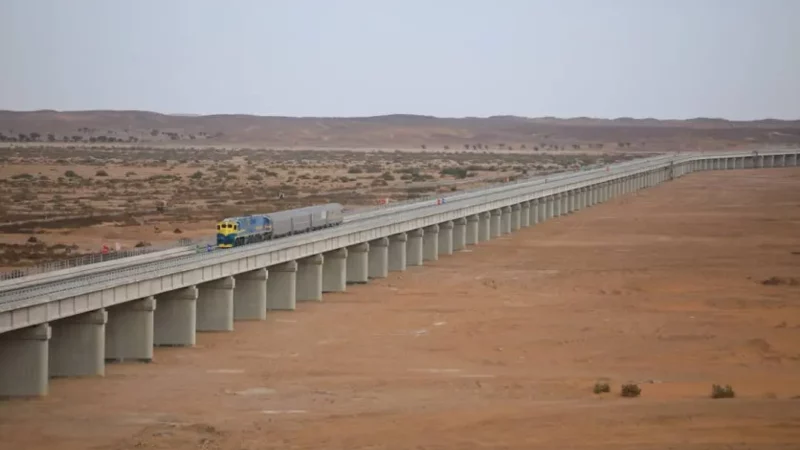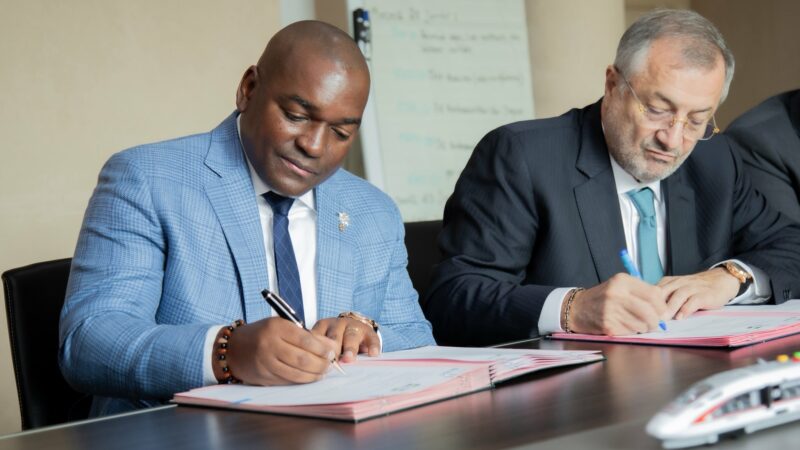Key areas of investment include upgrading the Ethio-Djibouti Railway, enhancing port and terminal facilities, and introducing standardization for railway safety. In addition, significant resources are required for operational reforms across Ethiopia’s transport infrastructure, including trucking and port operations. According to experts, the Addis Ababa-Djibouti Railway alone will need a large share of the investment.
Among the report’s breakdown of costs, USD 766 million is slated for port infrastructure upgrades, while USD 700 million is allocated for fleet and vessel diversification. A further USD 300 million is required for expanding the railway network to connect with new ports, and USD 200 million will be needed for upgrading maintenance facilities and ensuring sustainable spare parts supply.
Feasibility studies have already been completed for several major railway projects, including the Dire Dawa-Harar-Jigjiga-Togochale-Berbera and Woldiya-Wereta-Metemma-Gadarif-Port Sudan lines. Additional studies are underway for new lines linking Ethiopia to neighboring countries, such as the Sebeta-Boma (Democratic Republic of Congo) railway.
The report also presents financing strategies, including renegotiating loan terms, asset sales, and leasing existing railway stock to raise capital. A major reform proposed is the division of Ethiopia’s railway system into three separate entities: infrastructure development, freight operations, and passenger services. This restructuring would allow for more efficiency and open the door for Public-Private Partnerships (PPPs) and private investment in Ethiopia’s growing transport sector.
The report highlights several challenges hindering Ethiopia’s railway sector, such as inadequate safety standards, conflicts, security issues, and theft along the Ethio-Djibouti Railway. Governance concerns are also noted, with blurred roles between the Ethiopian Railway Corporation and Ethio-Djibouti Railway, as well as a lack of national railway standards and regulatory frameworks.
The workshop, held in Addis Ababa on October 3, 2024, saw participation from high-ranking officials, including Finance Minister Ahmed Shide and Transport Minister Alemu Sime. They discussed key solutions, including developing a comprehensive railway policy, better connecting railways to ports, and establishing a logistics center of excellence to address inefficiencies and promote modernization in Ethiopia’s logistics sector.






